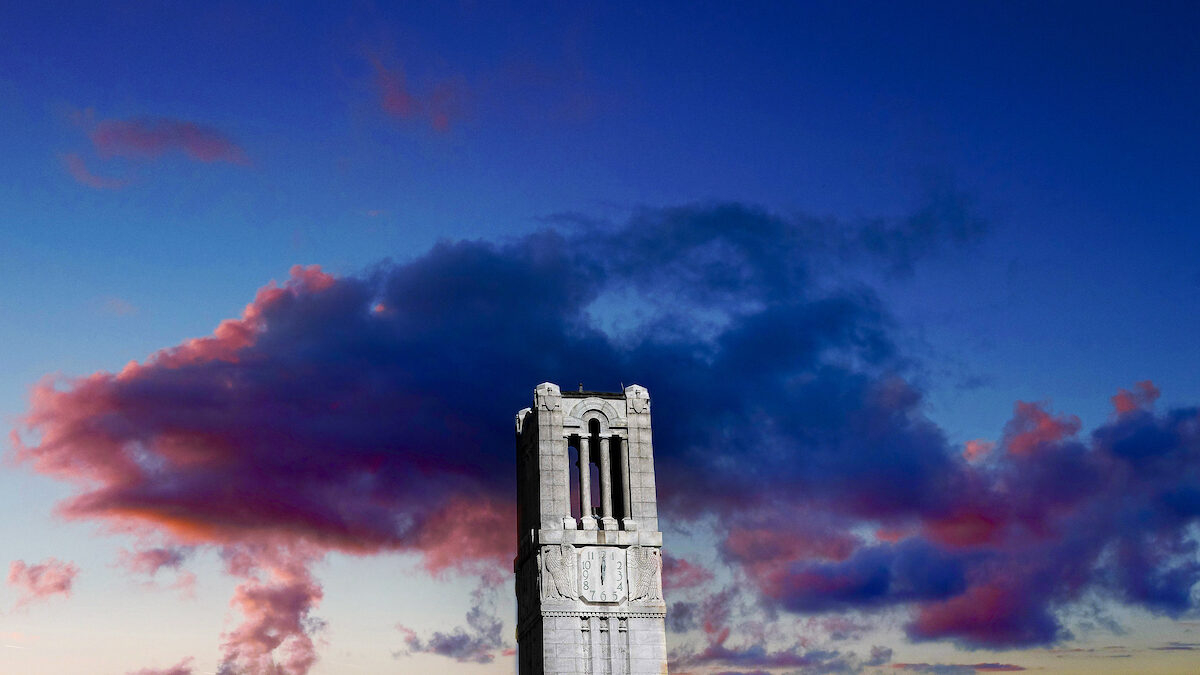People See ‘Civil Religion’ As Key Attribute For Presidential Candidates
A new study by researchers at North Carolina State University shows that voters prefer a presidential candidate who they perceive as being “civil religious” – meaning the candidate believes in a higher authority above the nation and its religions – regardless of the civil religious beliefs of the voters themselves.
William Neal Reynolds Distinguished Professor of Sociology Ronald C. Wimberley says the study shows that “civil religiosity” is one of the most important factors for voters when determining which presidential candidate to support. Wimberley conducted the study with Donald P. Woolley as an extension of the doctoral dissertation Woolley wrote for his Ph.D. at NC State. Woolley is now a researcher at Duke University.
“Voters prefer a candidate who feels the United States is accountable to a higher authority, and that the higher authority is the basis for the laws and morality of the nation,” Wimberley says. These beliefs persist regardless of an individual’s personal beliefs, he explains. “Even voters who do not believe that God is the source of human rights and freedoms are still very likely to prefer a president who does.
“The study shows that civil religion is a stronger predictor than any of the traditional religious factors – such as church membership, attendance or beliefs,” Wimberley says. He emphasizes, “Other research has shown the importance of church-related religious beliefs and political-party affiliation, but this research shows that civil religion ranks significantly among the best predictors of a voter’s choice for president.”
The study, which was unveiled in a recent presentation to the Southern Sociological Society at its annual meeting in Richmond, Va., measured the public’s beliefs on civil religion through a series of surveys. One of the surveys, taken in relation to the 1984 presidential election, asked the questions that showed a powerful connection between the perceived civil religiosity of the candidates and which candidate voters chose to support – regardless of the voters’ personal civil religious views.
– shipman –
- Categories:


